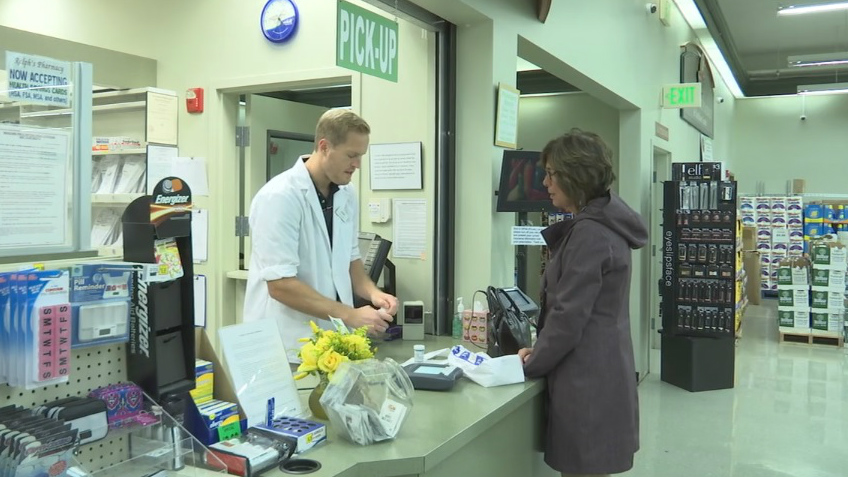A federal appeals court in Washington State has ruled that Christian pharmacy owners and pharmacists there must dispense FDA-approved emergency contraceptives, despite the pharmacists' religious objections.
“We recognize that there is a ‘trend of protecting conscientious objectors to abortions’ and that most—but not all—states do not require pharmacies to deliver prescriptions, such as Plan B and ella, in a timely manner,” wrote Judge Susan P. Graber in the decision from 9th Circuit US Court of Appeals.
“On balance, however, we are unconvinced that plaintiffs’ requests to run a business while sidestepping state rules on access to drugs “is ‘so rooted in the traditions and conscience of our people as to be ranked as fundamental.’ Accordingly, we decline to recognize a new fundamental right.”
The decision overturns a lower court decision in the case of Stormans Inc. v. Weisman.
That case began after Washington State adopted regulations in 2007, requiring pharmacies to make available "in a timely manner" to consumers drugs that the Food and Drug Administration has approved. The rules permit a pharamcist who objects for religious or moral reasons to have a fellow pharmacist fill a valid prescription.
The Storman family, who own a small grocery and pharmacy, objected, as did pharmacists at two other stores and another pharmacy owner. They filed suit, seeking a religious exemption.
Kevin Storman, president of his family’s pharmacy, said in a statement that Washington State already allows pharmacies to refer customers to other stores in some cases. More than 30 other nearby pharmacies already carry Plan B and Ella, he said, so customers could fill their prescriptions there.
“All we are asking is to be able to live out the beliefs that we hold, as Americans have always been able to do,” he said.
The religious objection to dispensing Plan B, ella, and other emergency contraception is based on the belief these drugs terminate a pregnancy. Stockman and the other plaintiffs will likely appeal.
State Attorney General Bob Ferguson praised the ruling.
“Decisions regarding medical care—including reproductive rights—are appropriately between a patient and his or her medical professionals,” Ferguson told The Spokesman-Review.
State officials have argued that consumers should expect pharmacists to fill all legal prescriptions. But state regulations do allow some leeway for religious objections. “An individual pharmacist with religious objections may refuse to fill the prescription if another pharmacist working for the pharmacy does so.”
Alliance Defending Freedom (ADF) represented the plaintiffs. Kristen Waggoner, ADF senior vice president, said that the appeals court decision would affect other pharmacies in the state, including those at Catholic hospitals.
She argued that the state should allow the plaintiffs to refer customers to other stores.
“No one should be forced to choose between their religious convictions and their family businesses and livelihoods, particularly when the state allows referrals for just about any other reason,” she said.
According to media reports:
Rules set by the state pharmacy board allow individual pharmacists to refuse to dispense certain drugs, but only if a co-worker at the same pharmacy can fill the order. The rules don’t allow a pharmacy to refer people to another pharmacy. No other state has such restrictive rules, said Waggoner.
CT has previously covered conscience clause cases, including:









